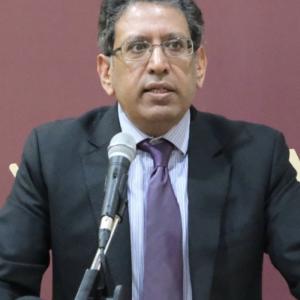Politics of trade protection in North Africa
This project focusses on the politics of trade protection in the Middle East. Trade policy is often an important medium for rent creation, and can help to explain the micro-foundations of authoritarian rule in labour-abundant economies of the Middle East. Investigating the variation in average tariff rates across more than 4,500 sectors and over time in Egypt and Tunisia, we ask whether sectors with politically connected actors are systematically predisposed to higher levels of trade protection. Carefully distinguishing between the business presence of military and political cronies in Egypt, we demonstrate that both elites tend to operate in sectors shielded from external competition. The empirical analysis is being carried out using a unique compilation of data on cronies, which was subsequently merged with detailed sectoral data on industrial and trade statistics.
The project will also enrich our understanding of non-tariff barriers, which largely remain a black box. Their form, function, and broader political economy implications are relatively understudied. We aim to furnish new empirical evidence on the politics of NTBs, exploring both their determinants and impact. The proposed research aims to achieve the following:
- A more fine-grained understanding of the form and function of NTBs, and their distribution across sectors that goes beyond broad, often incomprehensible, categorisations (e.g., health and sanitary requirements);
- A better understanding of causal mechanisms that link NTBs to trade frictions;
- An analysis of the political determinants of NTBs.

